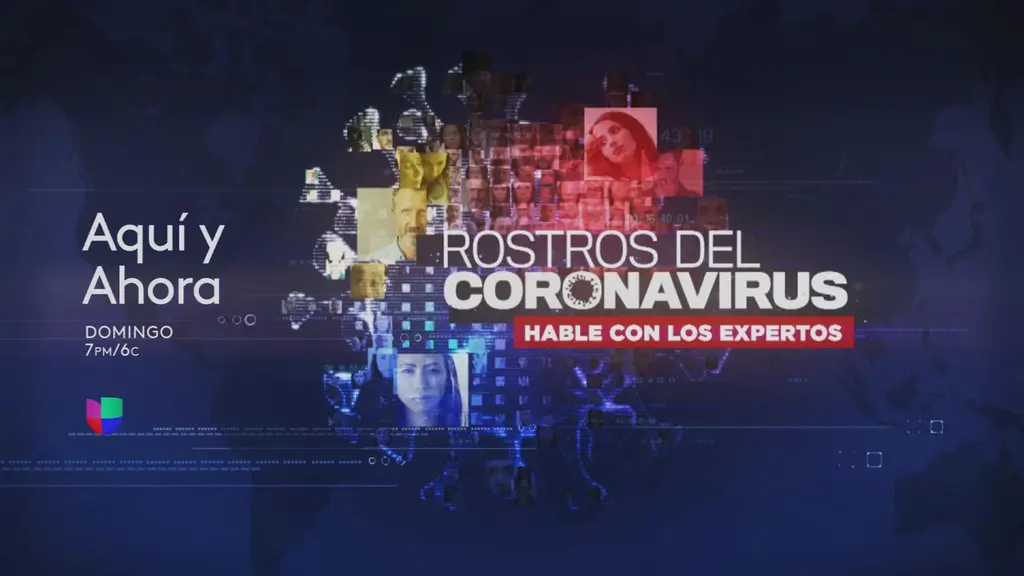Panama wants to be taken seriously. The Panama Papers are not helping

Por Tim Rogers, Fusion @nicadispatch
Several years ago, Panama set an ambitious goal for itself: To become the first Latin American country to achieve first-world status.
Nevermind that first-world status is now a meaningless concept, Panama was determined to make it happen.
Its path forward seemed pretty clear. It had one of the fastest-growing economies in the hemisphere, was embarking on a $5.2 billion canal expansion, was finalizing a free-trade agreement with the United States, and was investing record amounts of money to generate unprecedented job growth.
The country’s only problem was that nobody took it seriously. No matter how much money Panama flaunted, and what kind of car it drove down the causeway, the country couldn’t shake its nouveau riche image. “Hey Panama, how’d you make your money?” the other rich countries would snicker in the hallway.
But Panama was hell-bent on finally shaking free of its lingering image from the era of dictator Manuel Noriega as a money-laundering, gray-listed fiscal paradise of empty cocaine towers. It wanted to finally get accepted into the club of respectable money.
“Panama wants to wear long pants,” the country’s vice-minister of commerce and head trade negotiator told me during an interview back in 2010.
Instead, Panama got pantsed by the #PanamaPapers—a trove of 11.5 million leaked internal documents from the Panamanian law firm Mossack Fonseca, showing how hundreds of thousands of wealthy people used anonymous shell corporations to hide money all across the world. Fusion’s investigative unit was one of the more than 100 media organizations that investigated the files and broke the story last Sunday.
The headlines were not welcome in Panama, whose image has been set back about 20 years by the scandal. And unfairly so, according to Panamanians.
José Manuel Bern, the country’s leading real estate developer, says Panama manufactures companies like Apple manufactures iPhones. And companies, like iPhones, are “little devices where you keep your secrets.” “Sometimes bad people use phones for bad things,” Bern told me. “Is Apple at fault if one of its devices was used for terrorist activities? Should they be held able and made to crack the phone’s security?”
Panama, however, is being held to in the international court of public opinion. And the scandal couldn’t have come at a worse time for the Central American country. Just two months ago the Financial Action Task Force removed Panama from its money laundering and terrorism financing watch list, known as the “gray list” on less formal occasions.
The country seemed to be on the right track. It was ing laws to strengthen its financial system against money-laundering and terrorist financing, and enacting new rules to limit the use of bearer shares in Panamanian corporations.
In short, Panama was working to clean up its image as a tropical banking backwater, and once again make its case for first-world hip. Then the #PanamaPapers tumbled out of the closet like a skeleton from the past, and the country let out a collective, anguished moan.
All of Panama’s past insecurities instantly boiled to the surface when the rich kid club of 34 countries known as the Organisation for Economic Co-operation and Development (OECD) released a statement on Monday deriding Panama’s “culture and practice of secrecy” and lamenting that the Central American country is “the last major holdout that continues to allow funds to be hidden offshore from tax and law enforcement authorities.”
"We have constantly and consistently warned of the risks of countries like Panama failing to comply with the international tax transparency standards…The consequences of Panama’s failure to meet the international tax transparency standards are now out there in full public view. Panama must put its house in order, by immediately implementing these standards," the OECD said.
Not fair, Panama says
The government fired back with a statement calling Panama “one of the most important centers of financial services in the world”—one that has “managed to meet the highest standards of transparency, adopting legal instruments more strict and rigorous than many other service centers worldwide.”
The government added: “Panama is a serious country, a major player in the globalized world and it is not fair to discredit the work of an entire country that benefits the international community into disrepute.”
The scandal has all Panamanians on the defensive, creating a weird sense of unity among groups that normally don’t agree on much. The government has tried to capitalize on the moment with the hashtag “We are Panama” to tell a different story of the country.
Panamanian citizens meanwhile are trying to flip the script on social media. Some have suggested that Panamanians use the hashtag #PanamaPapers to flood social media with beautiful images of the country.
Others are trying to steer the conversation away from Panama entirely, by starting the alternative hashtag #MossackFonsecaPapers after the law firm implicated in the scandal.
Even former President Ricardo Martinelli, who’s hiding in Miami to avoid an embezzlement and domestic spying probe back in Panama, has recently come to the defense of the country he fled.
"Panama is a country of serious, honest and hard-working people. The deeds of one law firm cannot damage or drag down an entire country," he wrote on Twitter.
Some Panamanians hope the whole incident leads to a broader conversation about privacy.
“I hope that this opens some debate on the use of private information hacked for ‘the greater good’,” says Bern, the developer. “Most of the stolen information pertains to law-abiding citizens of the world—and now it’s compromised. What about their right to privacy?”
And while the ramifications of the Panama Papers are just starting to be understood around the world, in Latin America so far it’s Panama that has suffered a bigger blow than any of the individuals named in the documents.
-Manuel Rueda contributed reporting to this article



